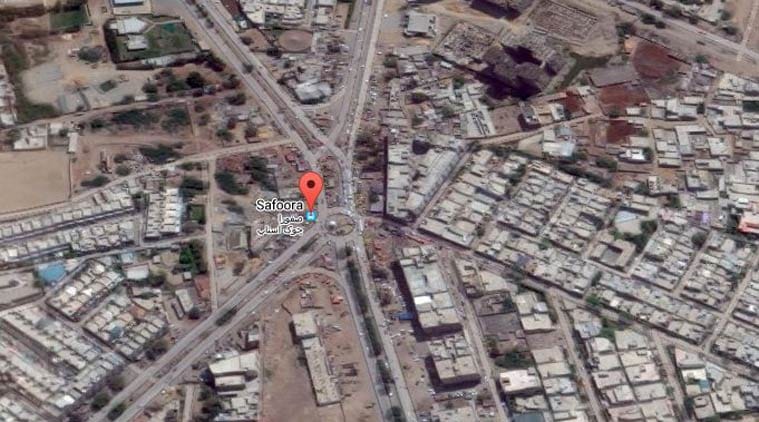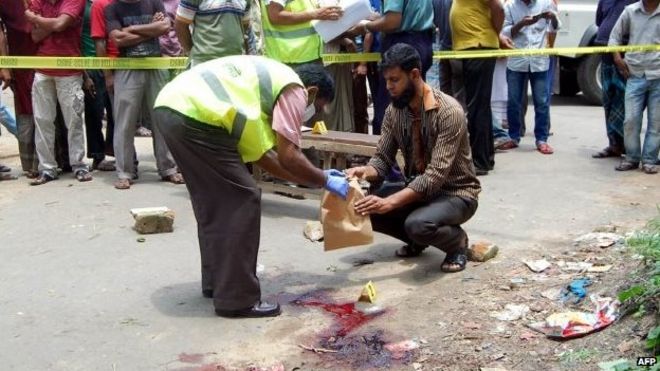There is, again,
talk of a revival of cricketing ties between Pakistan and India.
As expected, there is also
vocal opposition (more so in India than in Pakistan).
It may not happen. I have no idea how likely or unlikely it is at this time. But after seeing some of the heated tweets from Indian nationalists on Twitter, I wanted to put a few thoughts out here so that I have a post I can refer to when needed. So here goes..
1.
Extreme Hindutvadis (like all such terms, it is considered unfair etc by many, but we need a label, you can pick your favorite...you know what I mean) are looking for a Hindu subcontinent, cleansed of Anglo-Saxon and Islamicate influences. Their position obviously brooks no compromise or even co-existence, much less cricket. This is not about them.
2.
Extreme Jihadis (ditto about term, etc, plus no equivalence is implied by use of the term extremist in two consecutive paragraphs :) ) are also very clear about what they want and may have a better shot at getting somewhere within a thousand miles of their target. Their position includes no cricket. This is not about them.
3. Indian Nationalists. This is the largest group of Indian objectors (anecdotal...I have no data to back up this claim). Their case seems to be that Pakistan sponsors terrorists who attack India. More specifically, Pakistan shelters (and fails to arrest or convict) terrorists who attacked Mumbai in 2008. To play cricket while this goes on would be to "send the wrong signal"; Pakistan should be punished, not rewarded, and cricket is a reward.
This post
is about them. (there is a fourth group of objectors: Pakistani nationalists who think contact with India will defile
the two-nation-theory. Anyway, if GHQ bothers to become "clearly opposed", then discussion is moot. No series will happen in that case. In Pakistan, the lines of authority are clear :) ).
Is it true that a cricket boycott by India punishes Pakistan? and is cricket (at this time) a reward for Pakistan (as opposed to the Pakistani board, who obviously get to make money)? The short answer to both is NO.
America boycotted the Moscow Olympics. etc etc. That is not an apt comparison. Each case is different. In this case, not playing cricket with India is punishment for the board officials (less money), somewhat bad for Pakistani cricket (less international cricket, attention, practice, etc etc), but not at all bad for the Jihadis or their bosses. Not..at.. all. This just makes their case stronger.
Cricket (like trade, tourism and cultural exchange) between India and Pakistan does not strengthen the anti-Indian lobby in Pakistan. It does exactly the opposite. The people in Pakistan who do NOT want a jihadi invasion of India are the ones who are strengthened by these exchanges. This is just an empirical fact. The thing to keep in mind is that Pakistan is in many ways a more competent (pound for pound) adversary than India because the two-nation-theory provides stronger (negative) asabiya than the idea of India (this is not about which idea is stronger or "better". I think India is the stronger idea in the long run, but it's short term battle asabiya is weaker). Trade, travel and cultural exchange with India weakens the two-nation-theory and therefore weakens the one area in which Pakistan is actually stronger than India.
You have to think about this before you get it ;)
By the way, right now, beyond the money angle, it may not be much of a reward for Pakistani cricket either. Defeat on the ground, even humiliation, may be the more likely outcome at this time. Or do Indians lack confidence in their overpaid team?







